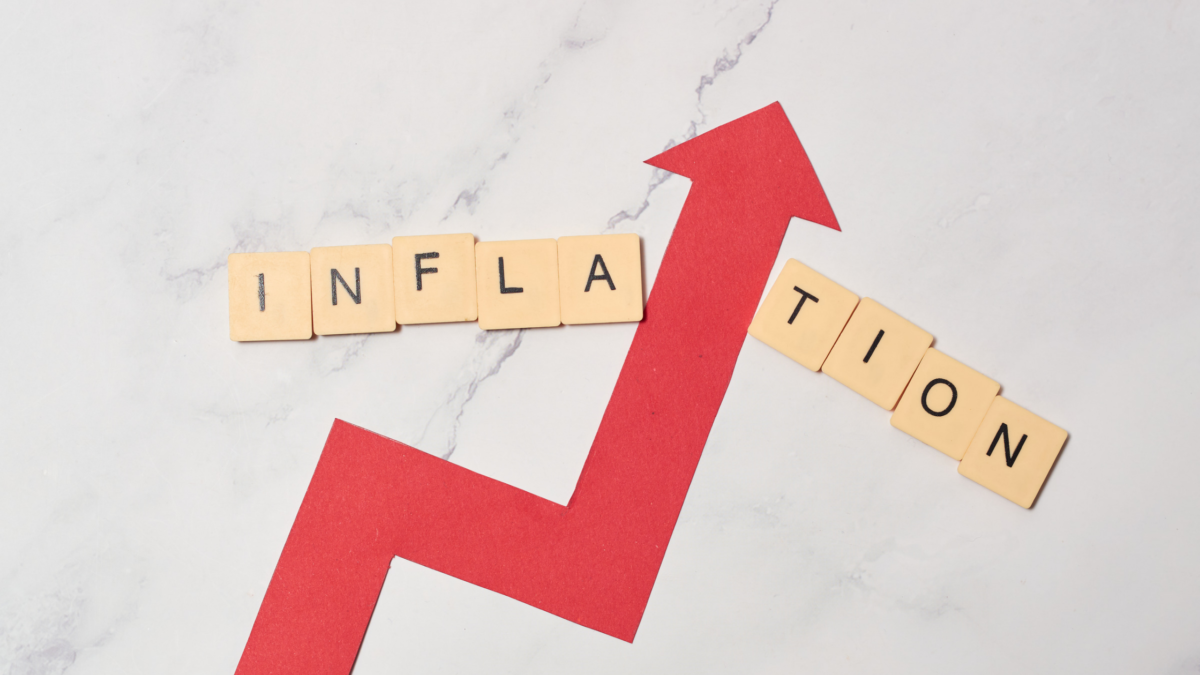US inflation soared to a new four-decade high in June as the consumer price index (CPI) rose 9.1% from a year earlier in a broad-based advance.
The inflation was the largest since the end of 1981, reflecting higher gasoline prices, shelter and food prices.
The core-CPI, which strips out the more volatile food and energy components, was up by 5.9% from a year ago.
The red-hot inflation print reaffirmed our view that inflation is the biggest problem the market is facing and could force the US Federal Reserve (Fed) to maintain on an aggressive rate hike path.
Stocks down, dollar advance
Following the inflation data, the dollar strengthened, driven by expectations of a faster interest rate hike by the US Fed and safe-haven inflows amid growing fears of a recession.
Fed policymakers have already signalled a second 75 basis points (bps) rate hike later this month to fight inflation but with a faster pace of inflation, there is a possibility that the Fed will increase rates by 100 bps instead.
The faster pace of monetary policy tightening could increase the risk of a US recession, prompting a selloff in risky assets such as the stock market.
Will the Fed rate hike send US into a recession?
There is no easy answer to this but as of now, the US labour market remains strong.
In the latest data release, initial unemployment claims ticked up to 244,000 in the week ended 9 July, above media estimate of 235,000 applications.
While the US labour market is still at a healthy level, the impact from the rate hikes might not be seen immediately on the employment data.
The odds of a recession have also increased with the latest inflation print as it could prompt the Fed to take on an even more aggressive rate hike to tame rising prices.
This could lead to a recession akin to the 1970s inflation, which eventually lead to the “Volcker Recession”.
Our Chief Investment Strategist, Say Boon Lim, has also mentioned in his previous Big Money article, that he expects the US to enter into a recession within the next 12 months.
Crisis or opportunity for investors?
Despite concerns of a recession, I believe the bear market in the US market presents opportunities for investors to gradually accumulate good companies at a reasonable price.
However, there is no need for investors to rush into the market to buy-the-dip.
A more gradual and disciplined approach such as the dollar-cost averaging method would be preferred.
I also believe that a short-term recession could help slowdown inflation and allow assets to be fairly priced.
This will allow opportunities for long-term investors to build and solidify their portfolio.
Perhaps the best way to think of this is to look at the simple rule of investing that Warren Buffett once wrote in the Times.
“A simple rule dictates my buying: Be fearful when others are greedy, and be greedy when others are fearful.”

Disclaimer: ProsperUs Investment Coach Billy Toh doesn’t own shares of any companies mentioned.










